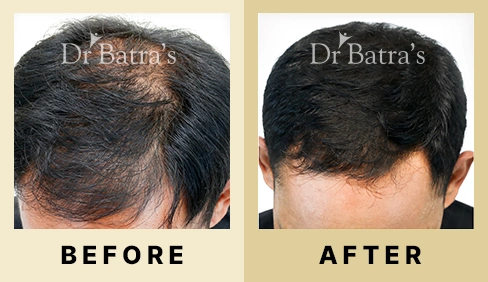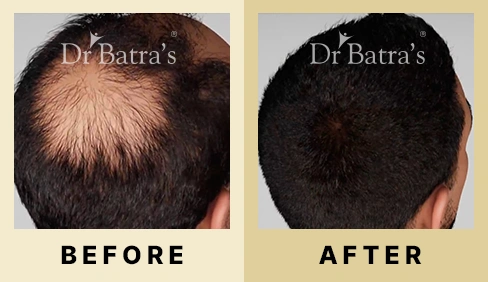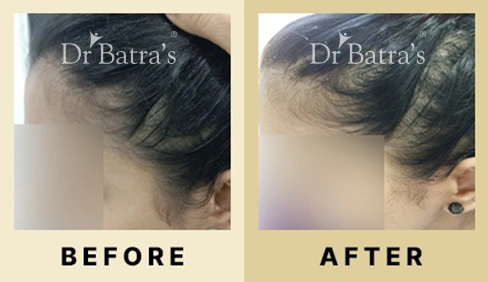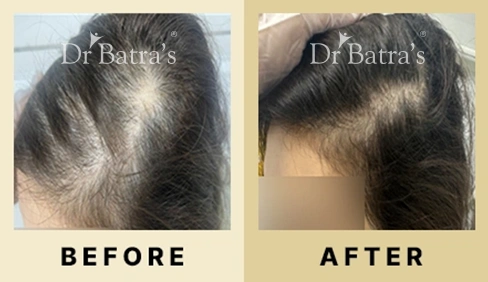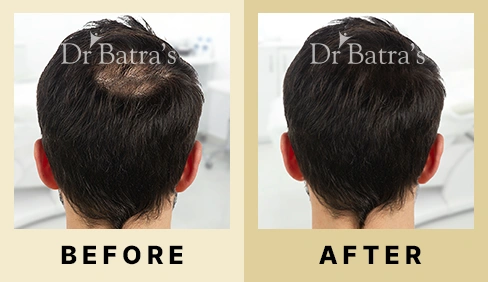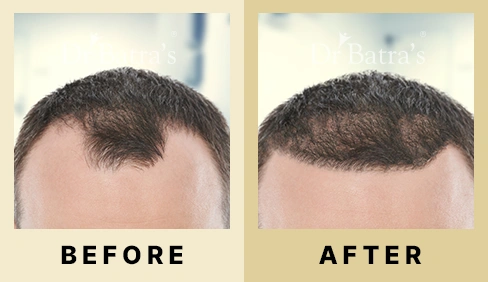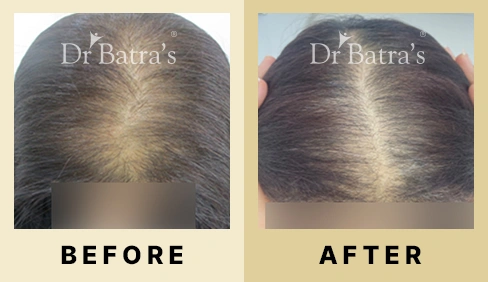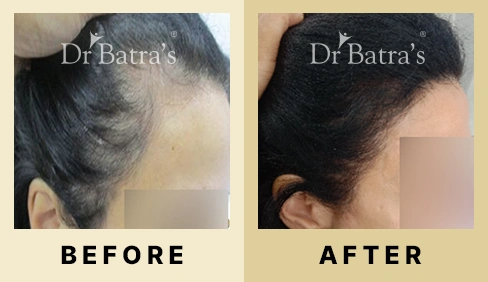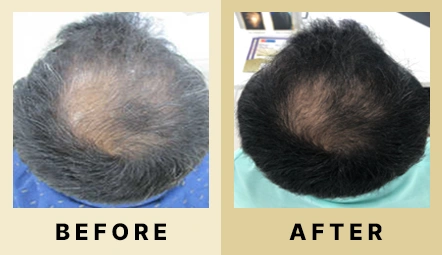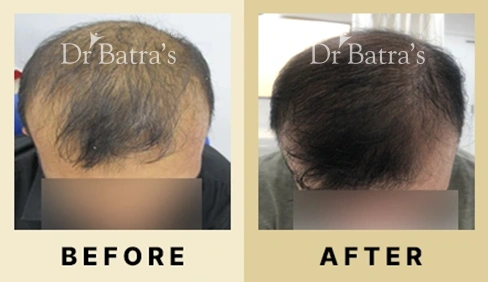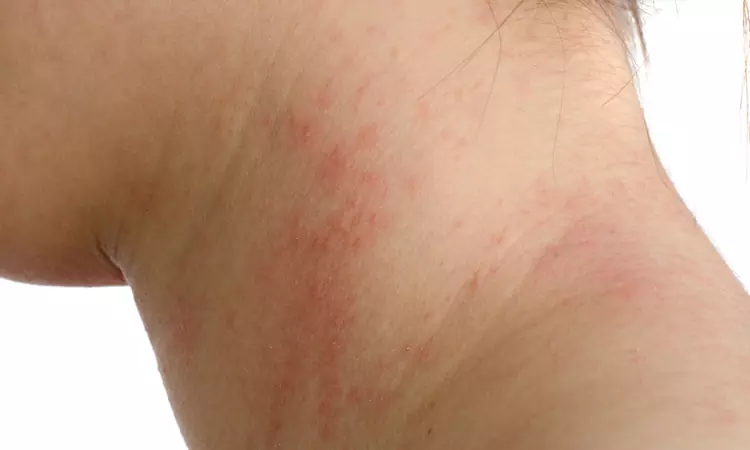Psoriasis Treatment in Dubai and Abu Dhabi, UAE
If you're looking for psoriasis treatment in Dubai and Abu Dhabi, Dr. Batra’s® offers personalized, safe, and natural homeopathic treatments designed to manage psoriasis and alleviate symptoms. With over 40 years of experience and more than 1.5 million successful cases worldwide, we provide a holistic approach to psoriasis treatment that combines advanced diagnostics with homeopathy to help control flare-ups and improve your skin health. Our treatments are customized to meet your unique needs, ensuring long-term relief without the harsh side effects of conventional treatments.
All our doctors are DHA-approved (Dubai Health Authority) and MOH licensed, ensuring safe and compliant medical care in both Dubai and Abu Dhabi.
Happy Hair Patients
Why Choose Dr Batra's® for Psoriasis Treatment?
Globally
Globally
Dr. Batra's® is a trusted leader in holistic healthcare, specializing in the treatment of psoriasis. Here’s why patients choose Dr. Batra’s® for psoriasis care:
- Specialized Approach: Our experienced dermatologists create personalized treatment plans based on the severity of psoriasis and individual medical history.
- Advanced Diagnostics and Technology:We use state-of-the-art diagnostics to accurately assess psoriasis, ensuring effective treatment.
- Natural, Safe Treatment: Dr. Batra’s® offers homeopathic treatments that are safe, non-toxic, and free from side effects, addressing the root cause of psoriasis.
- Personalized Care: Patients receive individualized attention from compassionate doctors and support staff, ensuring effective management of psoriasis.
- Proven Track Record: With 35+ years of experience and a history of successful treatments, Dr. Batra’s® has earned the trust of thousands of patients.
- Comprehensive Care: We address both the physical symptoms and emotional impact of psoriasis, offering counseling and ongoing support.
- Follow-up Care: Regular follow-ups ensure long-term relief and adjustments to treatment plans for continued progress.
Dr. Batra's® provides personalized, effective, and holistic psoriasis care, improving the quality of life for those living with the condition.
Patient Testimonials & Success Stories
Types of Psoriasis We Treat
At Dr. Batra’s®, we specialize in treating various types of psoriasis, including:
| Type of Psoriasis | Description |
|---|---|
| Plaque Psoriasis | The most common form, characterized by raised, red patches covered with silvery-white scales. |
| Guttate Psoriasis | Small, drop-shaped spots on the skin, often triggered by infections. |
| Inverse Psoriasis | Smooth, red patches that appear in skin folds, such as under the arms or in the groin. |
| Pustular Psoriasis | Characterized by white pustules surrounded by red skin. |
| Erythrodermic Psoriasis | A severe form that can cover the entire body with red, peeling skin. |
Who Should Get Psoriasis Treatment?
Psoriasis can affect people of all ages and skin types. Treatment is especially recommended if you experience:
- Frequent flare-ups : If you have persistent or worsening patches of red, scaly skin.
- Discomfort or pain : Psoriasis can cause itching, burning, or cracking skin.
- Emotional or psychological impact : Psoriasis can affect self-esteem, especially when it affects visible areas of the skin.
If you're experiencing any of these symptoms, a personalized treatment plan from Dr. Batra’s® can help.
Get Hair Fall Treatment at our State of the Art Homeopathy Clinics

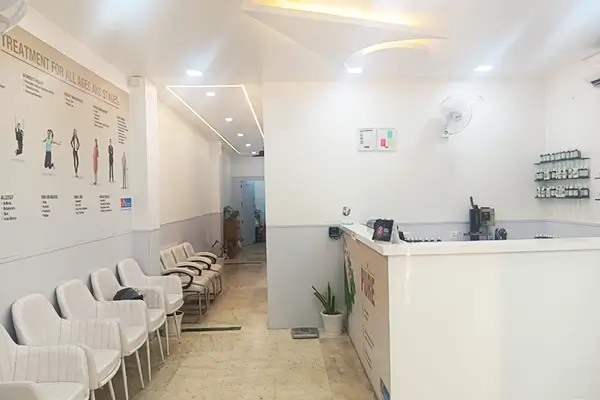
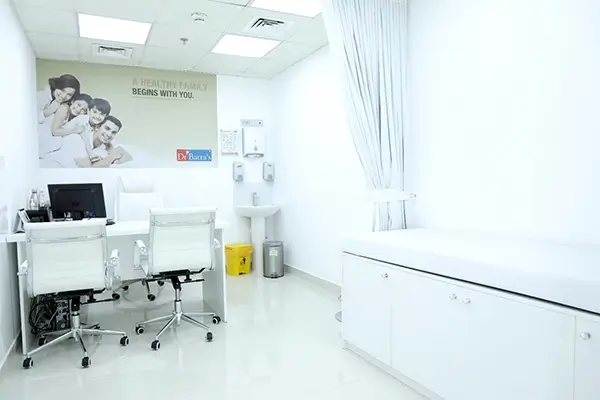
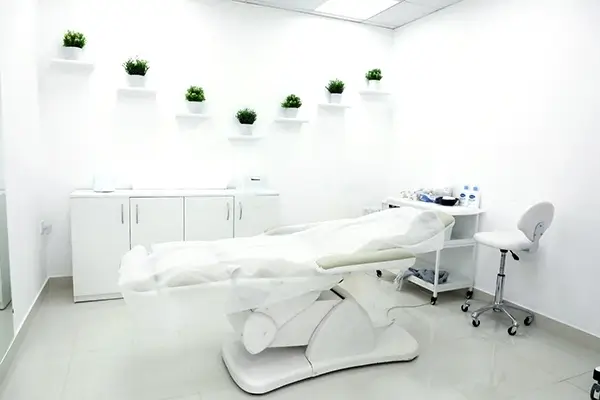
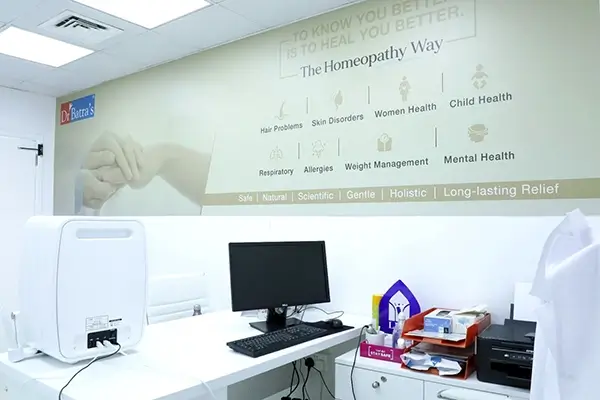
Our Expert Hair Doctors
Understanding Psoriasis
Psoriasis is a chronic autoimmune condition characterized by patches of red, inflamed skin covered with silvery scales. In homeopathy, the approach is holistic, addressing not only the physical symptoms but also the mental and emotional state of the individual. This involves recognizing underlying imbalances in the body's energy that manifest as skin symptoms. Homeopathy seeks to stimulate the body's natural healing ability by selecting remedies that match the individual's unique symptoms and overall health.
Psoriasis commonly affects areas like the elbows, knees, and scalp, though it can appear anywhere on the body. It is not contagious but can have a hereditary component. While there is no cure, various treatments help manage symptoms and improve quality of life.
According to the World Psoriasis Day consortium, around 125 million people worldwide, or about 2 to 3 percent of the population, are living with psoriasis. About 30 percent of those affected may develop psoriatic arthritis. Additionally, research from the NIH suggests psoriasis may be underdiagnosed in people with skin of color due to differences in clinical presentation, highlighting the need for better awareness and diagnosis in diverse populations.
Consultation Process for Hair Fall Treatment at Dr Batra’s®
Step 1: First Consultation During your consultation, our homeopathy specialists will conduct a thorough evaluation of your psoriasis, including a review of your medical history and lifestyle factors. Using advanced diagnostics, we assess the severity of your condition and tailor a treatment plan.
Step 2: Personalized Treatment Plan Based on your consultation, a customized psoriasis treatment plan will be created, integrating homeopathic remedies, phototherapy, or topical treatments based on your unique needs.
Step 3: Continuous Monitoring & Support We regularly monitor your progress and adjust your treatment plan as necessary to ensure maximum effectiveness and long-term relief.
Step 4: Lifestyle Guidance - We offer advice on diet, stress management, and skin care to support your treatment. Simple changes, such as avoiding triggers like cold weather and certain foods, can enhance treatment outcomes.
FAQs
What is psoriasis?
Psoriasis is a chronic autoimmune condition that causes rapid skin cell turnover, resulting in red, scaly patches of skin known as plaques. It can affect various parts of the body, including the scalp, elbows, knees, and lower back.
What are the symptoms of psoriasis?
Common symptoms of psoriasis include red patches of skin covered with thick, silvery scales; itching or burning sensations; dry, cracked skin that may bleed; and in some cases, swollen and stiff joints (psoriatic arthritis).
How is psoriasis diagnosed?
Psoriasis is usually diagnosed based on a physical examination of the skin and nails, along with a review of medical history. In some cases, a skin biopsy may be performed to confirm the diagnosis.
What are the treatment options for psoriasis?
Treatment for psoriasis may include topical treatments like corticosteroids or vitamin D analogues, phototherapy (light therapy), systemic medications (oral or injected medications), and lifestyle modifications such as stress reduction and moisturizing.
Do I need to visit the clinic often?
After your initial consultation and assessment, many follow-ups can be done through teleconsultations. This makes it convenient for patients who live far or have busy schedules.
Do you provide patient support between visits?
Absolutely. Patients can connect with our doctors via WhatsApp, phone, or online consultations for continuous support and guidance.




